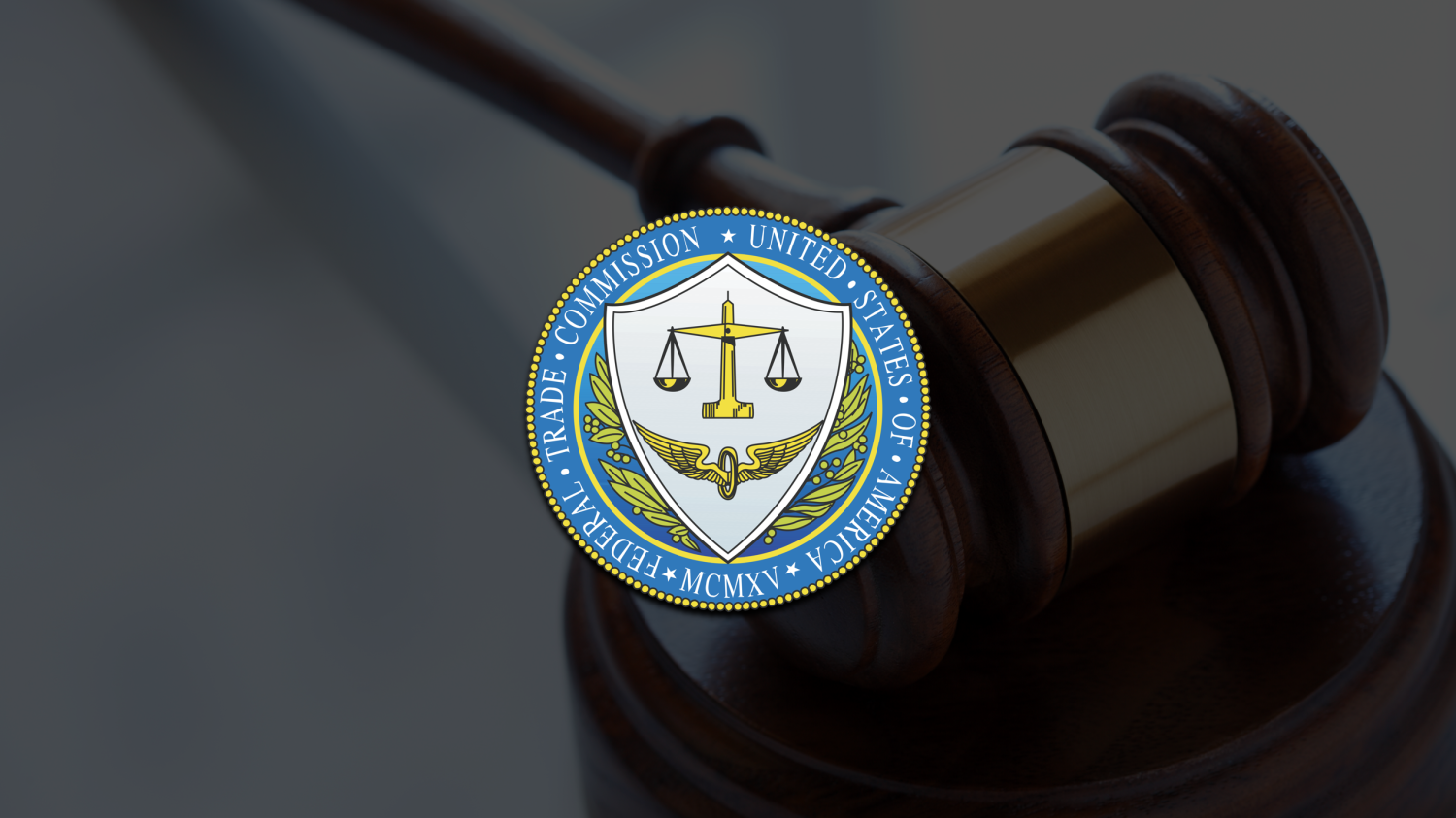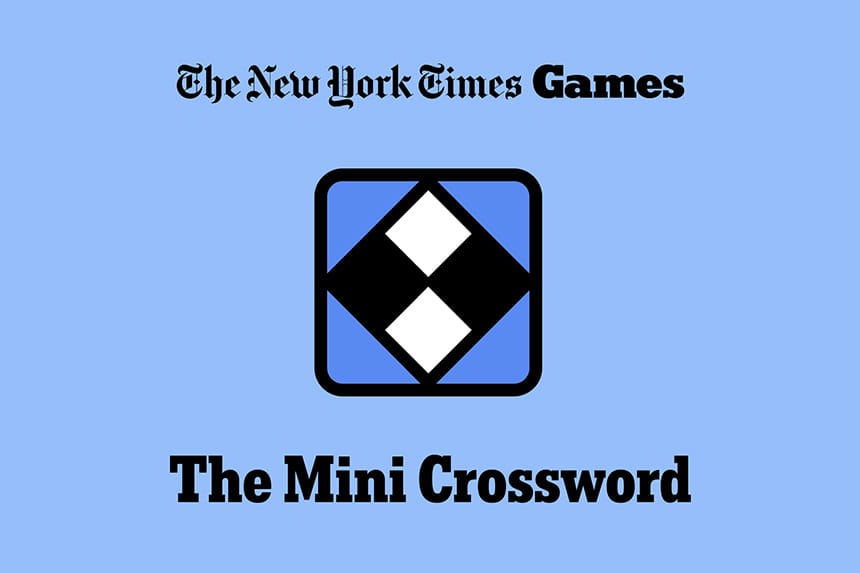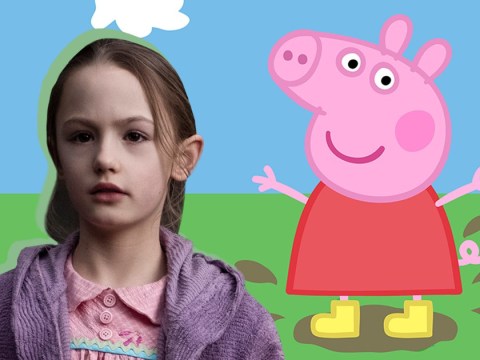FTC's Appeal Could Delay Or Block Microsoft-Activision Merger

Table of Contents
FTC's Antitrust Concerns Regarding the Microsoft-Activision Merger
The FTC's primary concern centers on the potential reduction of competition within the video game market, a sector already dominated by a few key players. The regulator argues that Microsoft's acquisition of Activision Blizzard, the powerhouse behind iconic franchises like Call of Duty, World of Warcraft, and Candy Crush, would grant Microsoft an unfair competitive advantage. The most significant worry revolves around the potential for Call of Duty to become an exclusive title on Xbox consoles, effectively shutting out competitors like Sony PlayStation.
This exclusivity, the FTC argues, would severely harm competition. Their allegations include:
- Loss of competition in console gaming: Restricting access to popular titles like Call of Duty could tip the scales heavily in favor of Xbox, potentially driving players away from competing consoles.
- Potential for higher game prices: Reduced competition often leads to increased prices, harming consumers who would face higher costs for games.
- Reduced innovation due to less competition: A less competitive market discourages innovation, as companies have less incentive to improve their offerings.
- Harmful effects on consumers: Ultimately, the FTC believes this merger would negatively impact the gaming experience for consumers by limiting choice and potentially raising prices.
The FTC’s official documents detail these concerns, outlining their argument for why the merger presents a substantial risk to fair competition within the gaming industry.
Potential Implications of the FTC's Appeal
The FTC's appeal could have several significant implications, ranging from a simple delay to the complete termination of the merger agreement. A delay would significantly impact Microsoft's timeline and strategy, potentially pushing back the integration of Activision Blizzard's assets into the Microsoft ecosystem.
The legal process involved is complex and lengthy, potentially stretching out over several months or even years. Several scenarios are possible:
- Successful appeal leading to merger blockage: The FTC could successfully convince the court that the merger is anti-competitive, resulting in its complete blockage.
- Compromise reached with the FTC resulting in concessions from Microsoft: Microsoft might offer concessions, such as agreeing to keep Call of Duty on PlayStation, to appease the FTC and secure approval.
- Appeal rejected, allowing the merger to proceed: The court could reject the FTC’s appeal, paving the way for the merger to proceed as planned.
- Impact on Activision Blizzard's stock price and employee morale: The uncertainty surrounding the merger's outcome has already affected Activision Blizzard's stock price and could negatively impact employee morale.
Microsoft's Response and Counterarguments
Microsoft has vigorously defended the merger, arguing that it will benefit gamers and developers alike. They have countered the FTC's allegations by proposing remedies and highlighting the positive aspects of the acquisition. Microsoft maintains that it plans to keep Call of Duty on PlayStation, ensuring continued access for PlayStation gamers.
Microsoft's key counterarguments include:
- Plans to keep Call of Duty on PlayStation: A cornerstone of their defense is the commitment to maintain Call of Duty on PlayStation, addressing the FTC's main concern.
- Benefits to game developers and consumers: Microsoft emphasizes the potential benefits for developers, who would gain access to broader distribution channels and resources, and for consumers, who would potentially benefit from lower prices and more innovative games.
- Arguments against the FTC's market definition: Microsoft challenges the FTC's definition of the relevant market, arguing that it's too narrow and doesn't accurately reflect the competitive landscape of the gaming industry.
Conclusion: The Future of the Microsoft-Activision Merger Remains Uncertain
The FTC's appeal presents a significant challenge to the Microsoft-Activision merger, pitting the regulatory body's antitrust concerns against Microsoft's arguments for the deal's benefits. The outcome will have a profound impact on the gaming industry, influencing competition, pricing, and innovation. While the future remains uncertain, the legal battle will shape the landscape of gaming for years to come. To stay informed about the evolving situation, follow the latest updates on the Microsoft Activision merger and stay tuned for further developments on the FTC's appeal. Learn more about the antitrust implications of this Microsoft Activision deal and its potential consequences.

Featured Posts
-
 Hmrc Letters To Uk Households Earning Over 23 000 What You Need To Know
May 20, 2025
Hmrc Letters To Uk Households Earning Over 23 000 What You Need To Know
May 20, 2025 -
 Hmrc Tax Return Changes Whos Exempt And What You Need To Know
May 20, 2025
Hmrc Tax Return Changes Whos Exempt And What You Need To Know
May 20, 2025 -
 April 18 2025 Nyt Mini Crossword Puzzle Answers And Hints
May 20, 2025
April 18 2025 Nyt Mini Crossword Puzzle Answers And Hints
May 20, 2025 -
 Hmrc Nudge Letters E Bay Vinted And Depop Sellers Beware
May 20, 2025
Hmrc Nudge Letters E Bay Vinted And Depop Sellers Beware
May 20, 2025 -
 Patra Efimeries Giatron 12 And 13 Aprilioy 2024
May 20, 2025
Patra Efimeries Giatron 12 And 13 Aprilioy 2024
May 20, 2025
Latest Posts
-
 21 Year Old Peppa Pig Mystery Finally Explained Fans React
May 21, 2025
21 Year Old Peppa Pig Mystery Finally Explained Fans React
May 21, 2025 -
 April Nyc Concert Vybz Kartel Confirmed At Barclay Center
May 21, 2025
April Nyc Concert Vybz Kartel Confirmed At Barclay Center
May 21, 2025 -
 Trinidad And Tobago Newsday Kartels Security Restrictions Explained
May 21, 2025
Trinidad And Tobago Newsday Kartels Security Restrictions Explained
May 21, 2025 -
 Peppa Pig Fans Stunned 21 Year Old Mystery Solved
May 21, 2025
Peppa Pig Fans Stunned 21 Year Old Mystery Solved
May 21, 2025 -
 Vybz Kartel Announces Nyc Barclay Center Concert For April
May 21, 2025
Vybz Kartel Announces Nyc Barclay Center Concert For April
May 21, 2025
